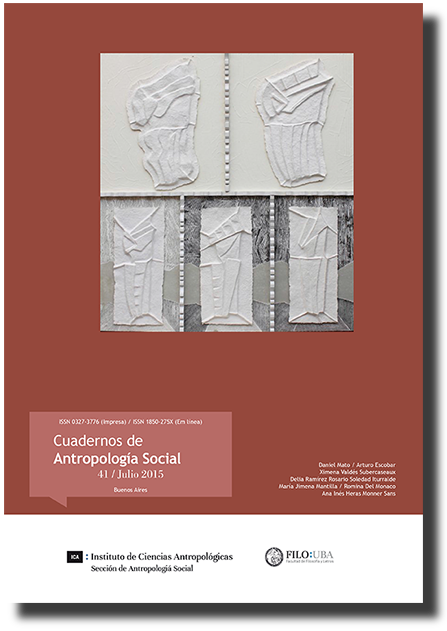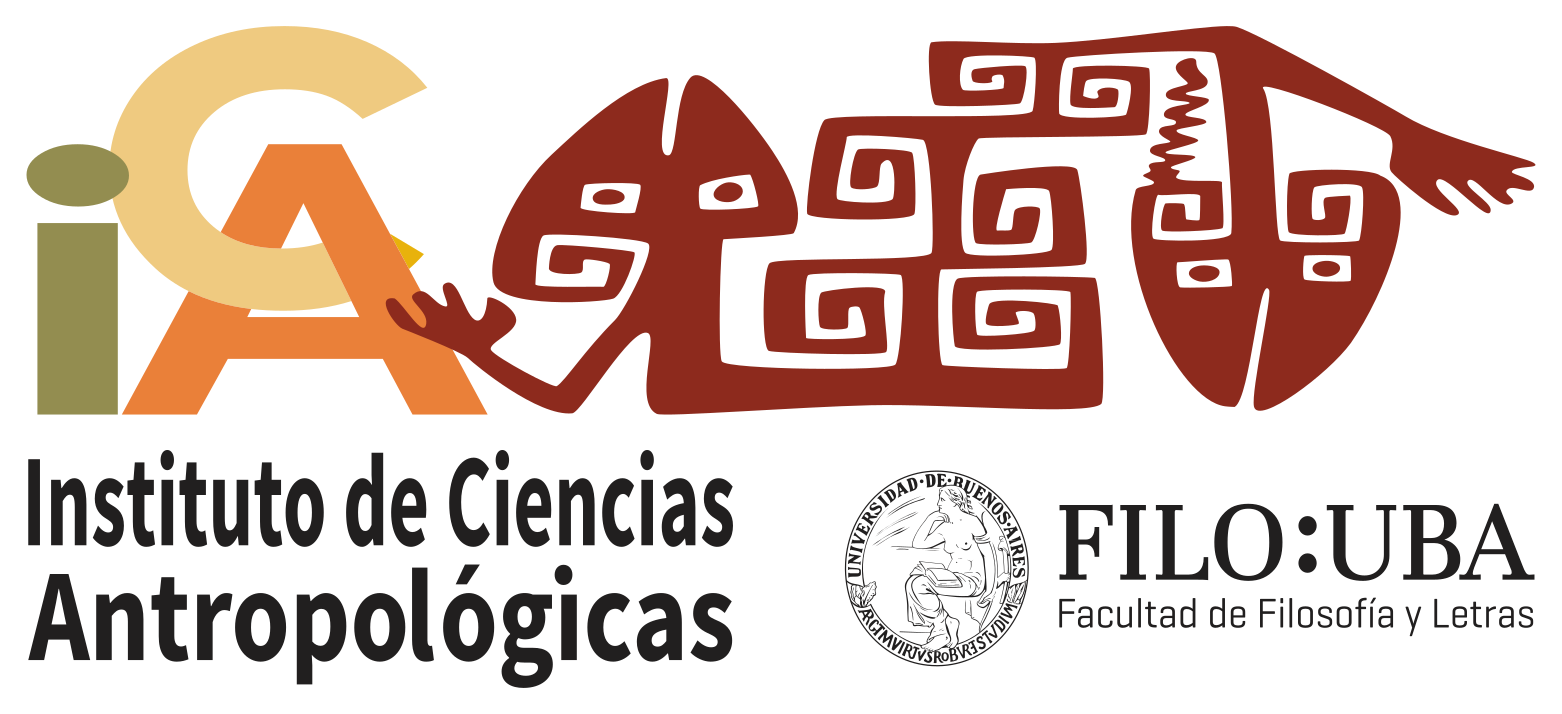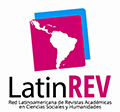The Feminization of Employment and Precarious Work in Globalized Latin American Agriculture
Abstract
The precarious character of temporary employment of female agricultural workers was analyzed in case studies in seven Latin American countries carried out by FAO-ECLAC-ILO during 2011 and 2012, for which I was responsible for the conclusions. The findings of these studies were compared with research under our responsibility carried out in the context of two FONDECYT projects. This fact allowed us to not only explain the process of feminization of the labor markets, but also to understand the nature of wage earning, migratory strategies to extend the time of wage earning, the place of women in export agriculture as well as identity changes caused by modernization and globalization processes that have occurred in Latin America under neoliberalism. The article approaches work conditions and labor migrations, and it concludes with the analysis of the opposite side of labor precarity: anti-poverty social policies. These policies express a contradiction between governments that abandon the principle of welfare enabling labor laws that, through employment flexibilization, reproduce poverty, while in turn those same States attempt to mitigate poverty through transferring financial resources to precarious workers strongly marked by their gender, ethnicity and nationality.Downloads

Esta obra está bajo una Licencia Creative Commons Atribución 4.0 Internacional
Cuadernos de Antropología Social sostiene su compromiso con las políticas de Acceso Abierto a la información científica, al considerar que tanto las publicaciones científicas como las investigaciones financiadas con fondos públicos deben circular en Internet en forma libre, gratuita y sin restricciones.
Los contenidos y opiniones expresadas en los artículos publicados son de entera responsabilidad de sus autores.
Los autores/as que publiquen en esta revista aceptan las siguientes condiciones:
- Los autores/as conservan los derechos de autor y ceden a la revista el derecho de la primera publicación, bajo la licencia de atribución de Creative Commons, que permite a terceros utilizar lo publicado siempre que mencionen la autoría del trabajo y a la primera publicación en esta revista.
- Los autores/as pueden realizar otros acuerdos contractuales independientes y adicionales para la distribución no exclusiva de la versión del artículo publicado en esta revista (p. ej., incluirlo en un repositorio institucional o publicarlo en un libro) siempre que indiquen claramente que el trabajo se publicó por primera vez en esta revista.















